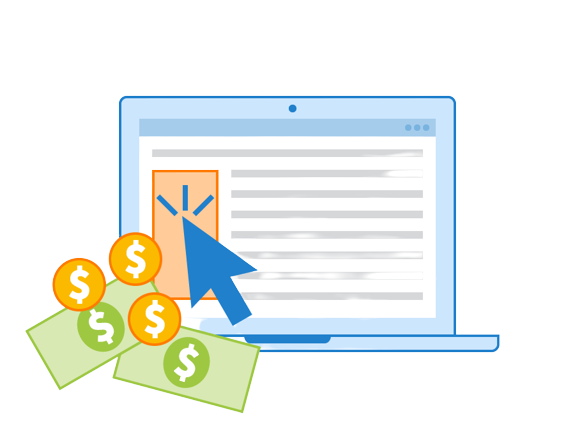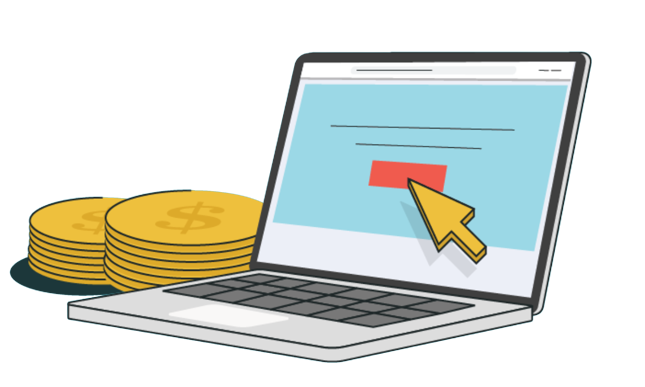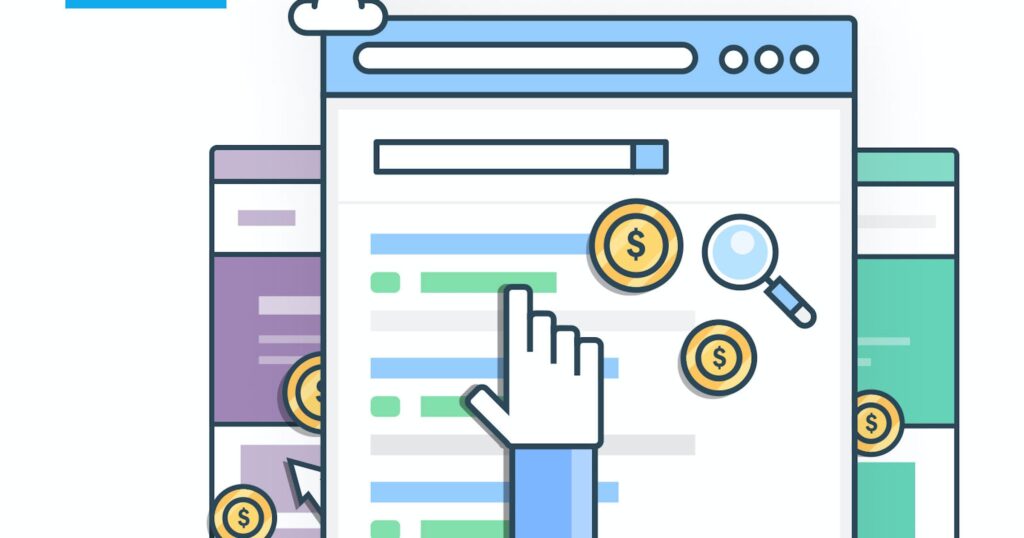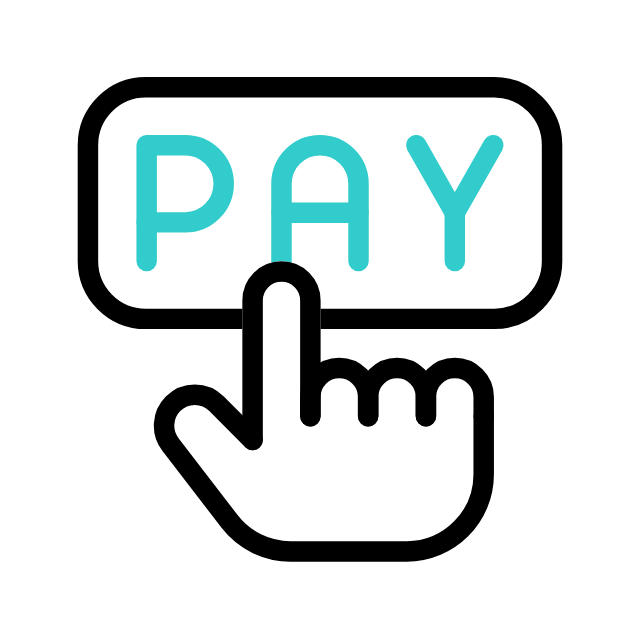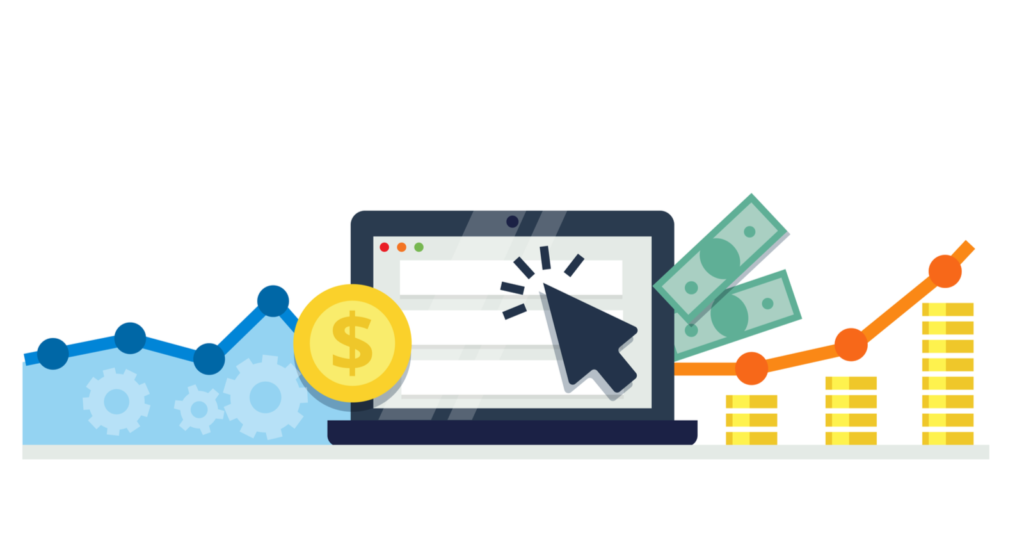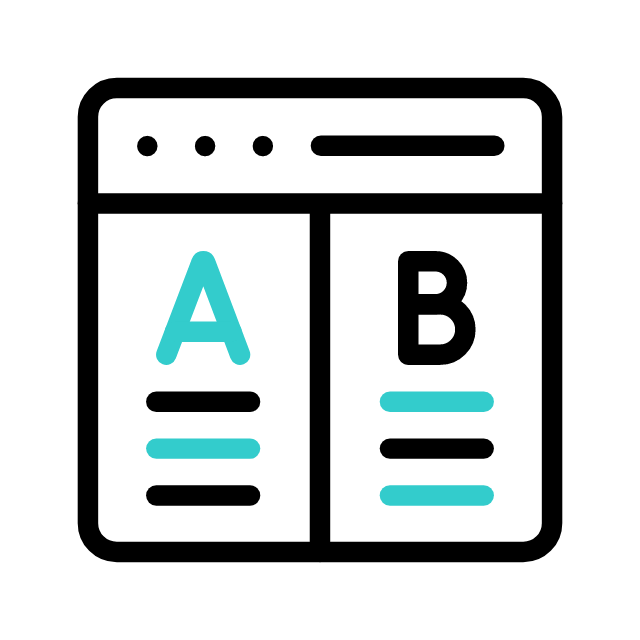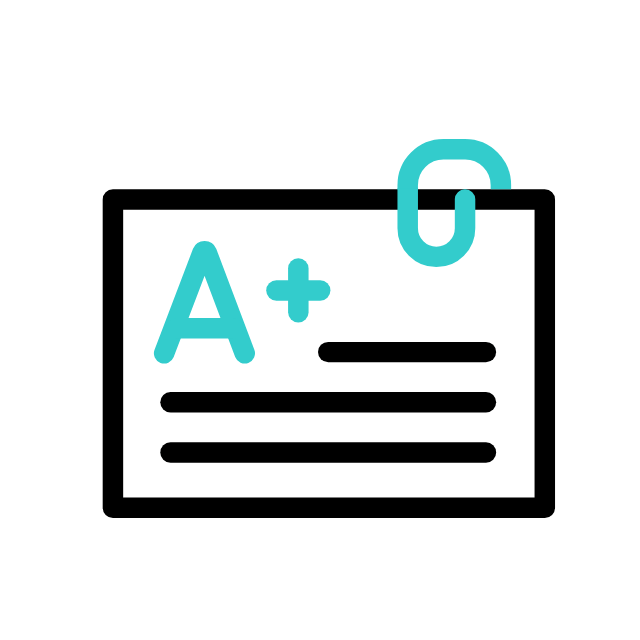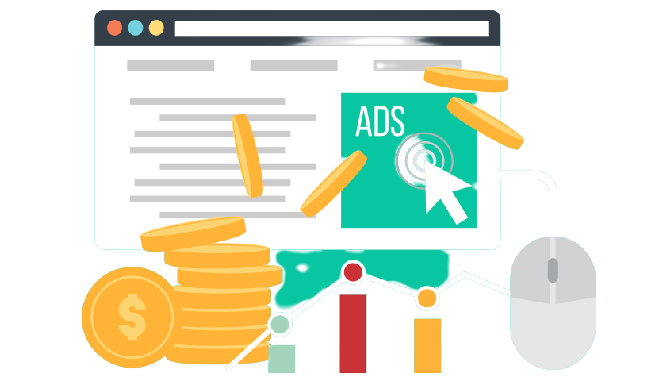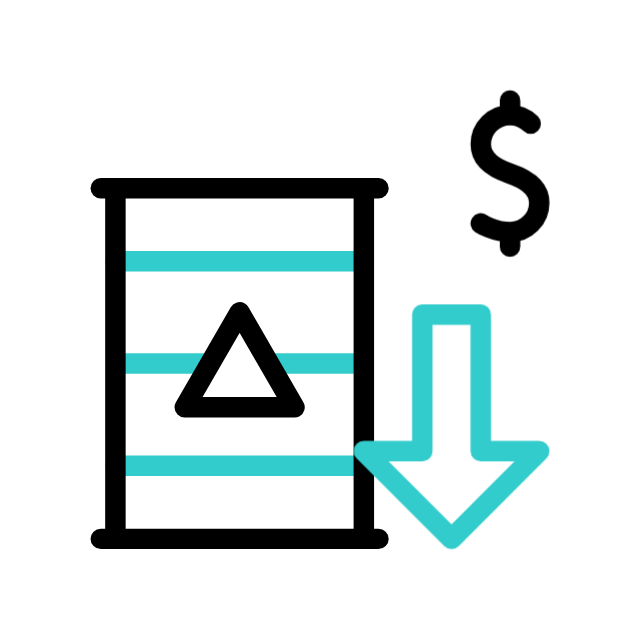Pay Per Click FAQs
PPC, or pay-per-click, is an abbreviation. It’s a strategy for online marketing that will pay for website traffic on your behalf. Each time a user clicks on one of your ads, the advertiser is charged a tiny fee. PPC is the most widely used type of search engine marketing. PPC ad styles are now available on numerous more websites, including social media behemoth Facebook. You can advertise your business online on websites and social media channels. Text, graphics, or even video may be included in PPC advertisements.
PPC, or “pay per click,” is an internet marketing technique that aims to draw in new clients when they search for goods and services that are similar to your own. Paid advertisements are used on websites like Google, Amazon, Yahoo, and Bing to target populations who are well suited to hear your message. You can use a range of targeting, retargeting, and remarketing strategies to make sure the correct audience sees your message at the right moment. Only when someone clicks on your ads do you get paid.
Advertisers can successfully reach their target audience and get high ROI by placing bids on a specific keyword set and creating ads that correspond to customers’ search queries. In comparison to conventional marketing strategies, paid advertisements frequently generate more leads, conversions, and customer reach. It is a low-cost and incredibly successful technique to expand your business when done correctly.
Search results advertisements receive nearly half of all page views because of their audience-specific nature. Users are more likely to make purchases than organic visitors when they click on paid advertisements since they are often prepared to do so. Internet users seeking for businesses like yours are the direct focus of PPC advertising. There could be a big influence on your financial situation.
A PPC marketing campaign may be costly to run. The size, nature, and sector of your organisation are just a few factors that affect costs. These elements will influence the price of your PPC marketing campaign. Pricing may also change based on the strategy you use. A small-to-medium business should set aside up to $5,000 per month, though. The professional services of the PPC agency of your choice as well as your ad expenditure are covered by this fee.
You must determine your PPC expenses based on your price, your targeting, and the grade of your advertising. The amount you are willing to spend as compensation for a user clicking on your advertisement is known as your bid. In an ad auction where the highest bidder wins, you can end up paying less than your first bid, but never more. Targeting criteria take into account all aspects of your goal, including the audience’s demographics and the keywords you rank for. Costs increase when you pursue more cutthroat markets. For instance, the price of bidding on a keyword with a lot of competition is greater since the cost-per-click (CPC) is higher. Google also keeps an eye on the effectiveness of your adverts. Because Google will rank your advertisement higher than that of rivals who run low-quality advertisements, if your advertisement quality is strong, you may frequently spend less money. You can choose your PPC budget by being aware of each of these elements and taking them into consideration.

